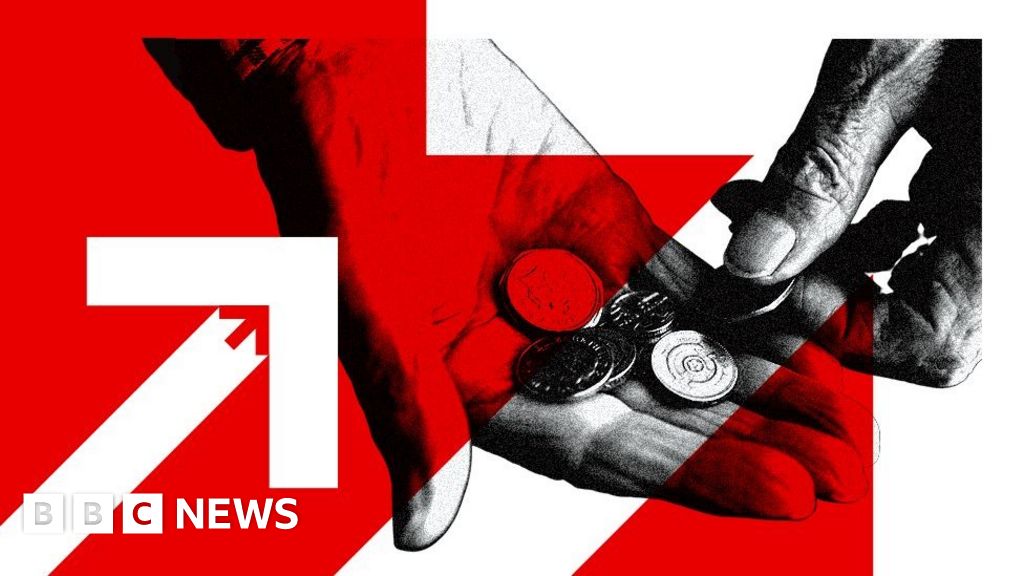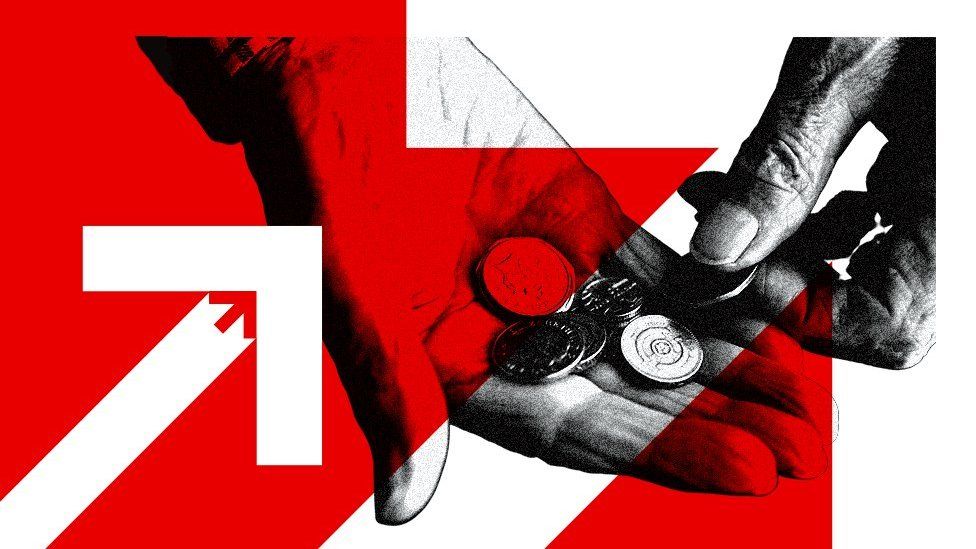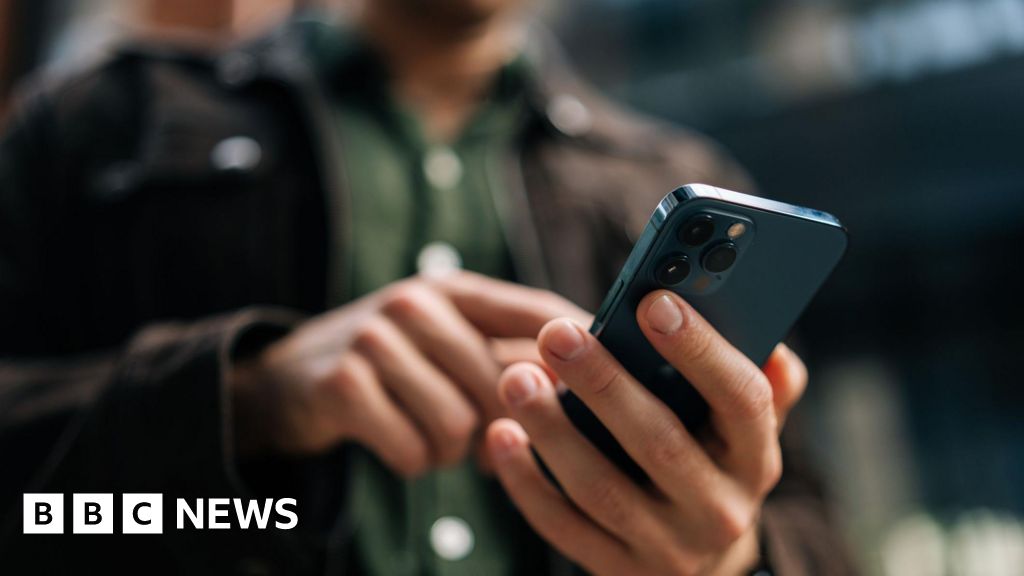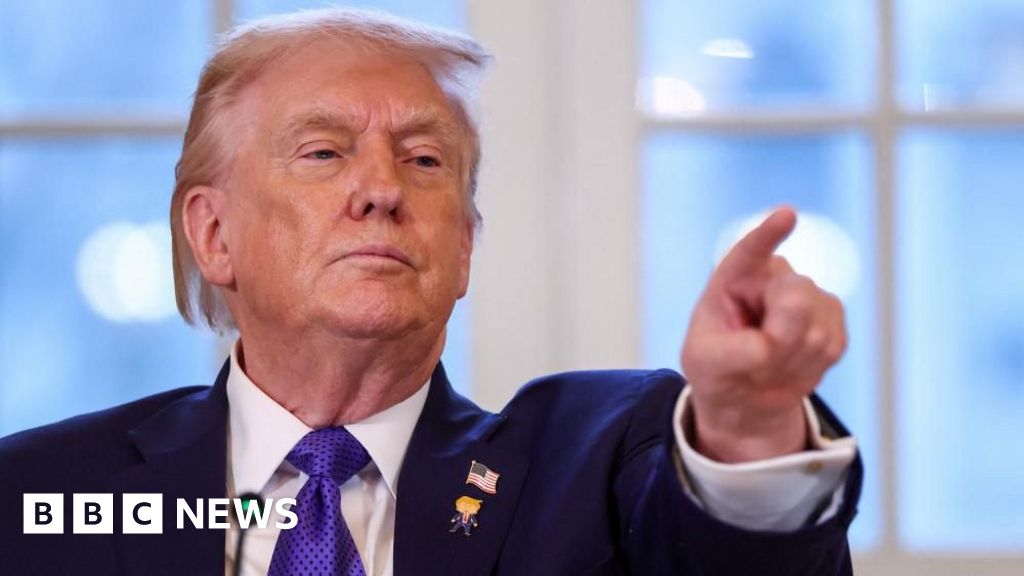
What is the UK inflation rate and how does it affect me?
- International
- January 17, 2024
- No Comment
- 140

The rate at which prices are rising ticked up to 4.0% in December, a rise from 3.9% in November.
A big factor in the drop was a rise in tobacco and alcohol prices.
In a bid to curb inflation, the Bank of England increased interest rates to 5.25%, but has held rates at its last three meetings.
What does inflation mean?
Inflation is the increase in the price of something over time.
If a bottle of milk costs £1 but £1.05 12 months later, then annual milk inflation is 5%.
How is the UK’s inflation rate measured?
The Office for National Statistics (ONS) tracks the prices of hundreds of everyday items in an imaginary “basket of goods”.
Each month’s inflation figure shows how much these prices have risen since the same date last year.
You can calculate inflation in various ways, but the main “headline” measure is the Consumer Prices Index (CPI).
Economists say one important factor behind the rise was higher alcohol and tobacco prices.
What is ‘core inflation’?
“Core inflation” excludes the price of energy, food, alcohol and tobacco.
It remained steady at 5.1% in the year to December.
The Bank of England considers this number as well as CPI when deciding whether to change interest rates.
Why had prices risen so fast?
Soaring food and energy bills helped drive inflation up.
Alcohol prices in restaurants and pubs also rose.
Your device may not support this visualisation
How does raising interest rates help to tackle inflation?
The Bank of England has a target to keep inflation at 2%, but the current rate remains almost double that.
This makes borrowing more expensive, and means some people with mortgages see their monthly payments go up. Some saving rates also increase.
When people have less money to spend, they buy fewer things, reducing the demand for goods and slowing price rises.
Businesses also borrow less, making them less likely to create jobs; some may cut staff.
It held rates at that level at its three subsequent meetings in September, November and December.
What happens when inflation falls?
Lower inflation doesn’t mean prices drop – it means they rise less quickly.
The Bank of England had already predicted that inflation will drop to about 4.5% by the end of the year and fall further in 2024.
Are wages keeping up with inflation?
Although earnings were not rising as quickly as they had been before, they were outpacing inflation, so wages were growing in real terms.
However, unions point out that many workers have received smaller pay increases, which led to widespread strikes over pay.
The government previously argued that big pay rises could push inflation higher because companies might increase prices as a result.
What is happening to inflation and interest rates in Europe and the US?
Many other countries have also been experiencing a cost-of-living squeeze for similar reasons: increased energy costs, shortages of goods and materials, and the fallout from Covid.
The annual inflation rate for countries that use the euro was estimated to be 2.4% in the 12 months to November, down from 2.9% in October and 4.2% in September. That is the lowest level for more than two years.
As in the UK, the European Central Bank (ECB) has increased interest rates to try to bring rising prices under control.
At its December meeting, the US central bank kept its key interest rate unchanged between 5.25% and 5.5% for the third time. Rates remain at their highest level for more than two decades, but cuts are expected in 2024.
#inflation #rate #affect









